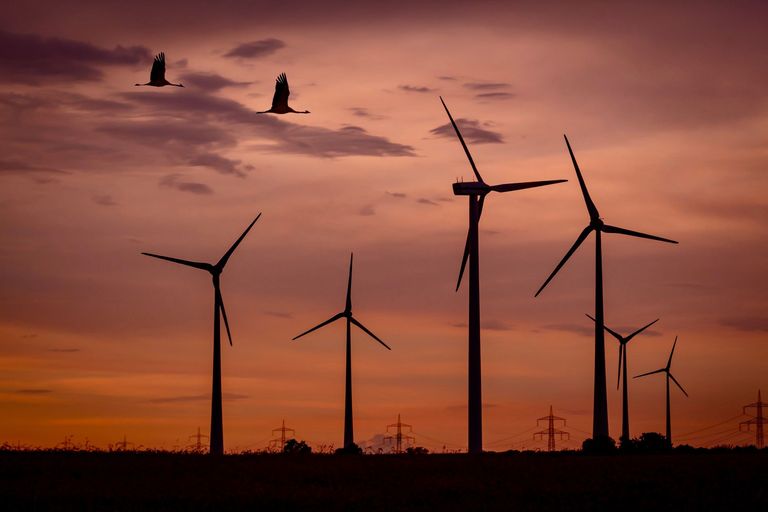A systemic approach to the energy transition in Europe
Achieving a carbon-neutral future by 2050 is possible, but requires urgent action. The energy transition is far from a purely technical challenge. Making it a reality requires solving a huge systemic problem, coordinating countless individual voluntary investment decisions, consumption and behaviour across Europe.
To support such a development, a new report by the Group of Chief Scientific Advisors (GCSA) of the European Commission makes policy recommendations in four key areas: Develop an EU energy policy that clearly aims at climate neutrality, without leaving anyone behind; develop flexible, efficient and resilient EU energy systems by integrating decarbonised energy sources, electrification as well as the use of green and blue hydrogen; create a participatory environment that incentivises low-carbon energy choices by all stakeholders; and support the coordination of policies, measures and instruments.
The GCSA report was informed by the best available scientific evidence made available by the consortium Science Advice for Policy by European Academies (SAPEA).
Authors: Dr Roger Pfister
Edition / Volume: Scientific Opinion, 11
Pages: 54 p.
Standard identifier: ISBN 978-92-76-34396-7 / DOI 10.2777/147533


